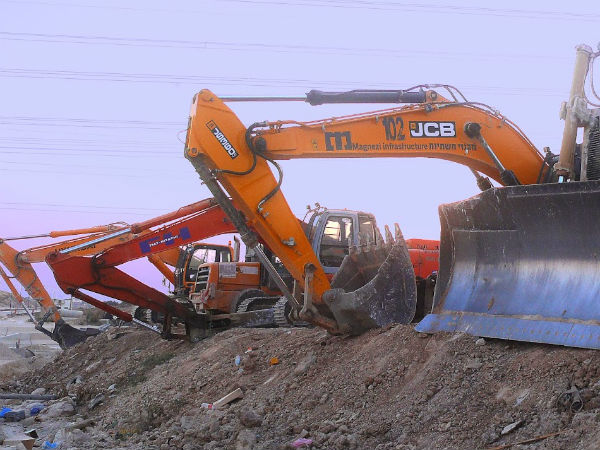
UPA's land acquisition law impedes development, its time for overhaul

Rural Development Minister Nitin Gadkari has already made it clear that the Government would protect the interest of the farmers but at the same time, will not let the industrialisation to loose its pace. "The Government will try to strike a balance between the two land Bills - the original land Bill of 1894 and the new one passed in 2013," a Ministry official was quoted as saying in reports.
Clauses which would come under review include conditions of consent in cases of purely private-led projects, retrospective application of the law and the clause on social-impact assessment, says reports.
What is Land Acquisition Act?
Land Acquisition generally refers to the process of acquiring land by Government for various infrastructure and economic growth initiative. Land acquisition drive in our country works as per the Land Acquisition Act, 2013 which came into force on 1st January, 2014.
The new legislation also known as Right to Fair Compensation and Transparency in Land Acquisition, Rehabilitation and Resettlement Act, was enacted by Parliament in September last year to provide fair compensation to those whose land is taken away for constructing roads, buildings or factories. The Act was aimed at bringing transparency to the process of land acquisition. It stipulates mandatory consent of at least 70% of affected people for acquiring land for Public Private Partnership (PPP) projects and 80% for acquiring land for private companies.
As per provisions under new law, compensation for the owners of the acquired land will be four times the market value in rural areas and twice in urban areas. It also stipulates that the land cannot be vacated until the entire compensation is awarded to the affected parties.
The new law was enacted as the archaic Act of 1894 suffered from various shortcomings including silence on the issue of resettlement and rehabilitation of those displaced by land acquisition.
Why existing Land Acquisition Act needs a facelift?
The present land purchasing law bearing Congress vice president Rahul Gandhi's imprint came under attack from almost all States, including those ruled by Congress, forcing the Centre to go ahead with its plan to change the law. Last Friday, Gadkari had met the revenue Ministers, where concerns were expressed over various provisions of the 2013 Act. BJP-ruled States advocated an overhaul while those ruled by the Congress including Haryana and Maharashtra sought changes to make it practical.
The present law dubbed as a hurdle in acquisition and industrialization. Under the existing law, investors setting up projects are required to pay up to four times the market value of rural land and twice the value of urban land. Moreover, under this law the land purchaser have to extend rehabilitation and resettlement benefits to those who lost their land.
Many projects worth Rs 60,000 crore stuck due to delays in land acquisition.
Many projects including highway projects worth Rs 60,000 crore have been stuck due to delays in land acquisition. This has led to damaging effect to the growth and development of companies and the economy as a whole. Earlier, States like Maharashtra, Odisha used to be a magnet for investors but due of the acquisition policies private companies are opting out of them.
The clause, Social Impact Assessment (SIA), in the present Act which makes consent of gram sabhas mandatory for the (up to 80%) acquisition put off the acquisition process by nearly two years.
For the infrastructure and economic growth of a country, land acquisition is required but on the contrary, the acquisition has suffered a series of consequences. A number of disputes related to land acquisition are still pending in the Supreme Court. The Congress Government definitely tried to give it a new look but it failed to deliver results. The newly elected Modi Government should try to strike out balance between the interest of farmers and the pace of industrialisation.


 Click it and Unblock the Notifications
Click it and Unblock the Notifications
































